At WINTER IP, a question we hear time and again from global businesses and innovators is: “Is it really necessary to file a patent in Vietnam?”
The short answer: – Absolutely — if Vietnam is part of your long-term strategy.
Whether you’re a multinational expanding into Asia, a startup looking to scale, or a research-driven company with proprietary technologies, Vietnam represents both opportunity and risk — especially when it comes to intellectual property (IP).
In this article, we’ll walk you through why Vietnam matters, how the patent system works, and how WINTER IP can help you protect your innovations in one of Southeast Asia’s most dynamic markets, incorporating the latest legal developments.

Why Vietnam? From Manufacturing to Innovation Hub
Over the past decade, Vietnam has undergone a remarkable transformation. Once known primarily as a low-cost manufacturing hub, the country is now emerging as a center of technological innovation, driven by high growth in sectors such as:
- Electronics and semiconductors
- Biotechnology and pharmaceuticals
- Fintech and digital payments
- Artificial intelligence (AI) and automation
- Green energy and smart manufacturing
Vietnam’s integration into global trade frameworks — including CPTPP, RCEP, and the EU-Vietnam Free Trade Agreement (EVFTA) — has increased foreign investment and opened doors to new technologies and partnerships. However, this rapid growth also increases the risk of IP infringement if businesses fail to secure timely protection.
Understanding Vietnam’s Patent Landscape: Key Updates
Vietnam’s Intellectual Property Law, significantly amended in 2022 (effective January 1, 2023), provides strong protections for patents, but there are several nuances that foreign applicants must understand.
Here are a few essential aspects to keep in mind, including recent developments:
- First-to-File Principle Remains: Vietnam continues to operate under a strict “first-to-file” system. That means priority goes to the first applicant, not necessarily the first inventor. If someone else files before you — even if your invention predates theirs — you could lose your rights in Vietnam. Timing is critical.
- Patent Processing Timelines: The average time to receive a granted patent in Vietnam is 3 to 5 years, depending on the field of technology and application complexity. Vietnam actively participates in Patent Prosecution Highway (PPH) programs — particularly with Japan (JPO) and South Korea (KIPO) — which can accelerate examination for applicants who have already received favorable results in those jurisdictions. The PPH program with KIPO has recently been extended to May 31, 2028.
- Local Representation is Mandatory: Foreign individuals or companies cannot file a patent directly with the Intellectual Property Office of Vietnam (IP Vietnam, officially NOIP). Instead, they must appoint a licensed local IP agent or law firm. Choosing an experienced and reliable partner can make or break your filing strategy.
- New Grounds for Patent Invalidation: The amended IP Law introduces additional grounds for patent invalidation, including cases where an invention was required to be filed in Vietnam first (security control), or if an application directly based on genetic resources or traditional knowledge fails to disclose or incorrectly discloses their origin.
- Security Control for Inventions Filed Abroad: A significant new provision requires security control for certain inventions created in Vietnam before they can be filed abroad. If an invention belongs to technical fields affecting national defense and security, is created in Vietnam, and its applicant is a Vietnamese citizen residing in Vietnam or an organization established under Vietnamese law, it must undergo security control if a foreign filing is intended.
- Updated IPC Classification: Starting January 1, 2025, Vietnam adopted the International Patent Classification (IPC) version 2025.01. Applicants must now specify the full classification index for their technical solutions according to this updated standard.
- Introduction of Third-Party Opposition: The 2022 IP Law introduces a formal mechanism for third parties to oppose a patent application, in addition to submitting written opinions. This provides a more robust avenue for challenging applications.
- Potential for Specialized IP Courts: While not fully established yet, recent amendments to the Law on the Organization of People’s Courts in June 2024 set the stage for the creation of specialized Intellectual Property Courts in Vietnam. This development is expected to streamline IP dispute resolution, enhance judicial expertise, and potentially lead to more consistent rulings, encouraging more rights holders to pursue litigation.
When Should You File in Vietnam?
While every business has a unique IP strategy, we typically recommend considering a Vietnam patent filing in the following scenarios:
- You’re entering the Vietnamese market: If you plan to manufacture, distribute, or sell in Vietnam — especially in innovation-intensive industries — securing patent protection is essential. Without it, your invention could be copied with little legal recourse.
- You’re filing in major global jurisdictions: Vietnam is a member of the Paris Convention and the Patent Cooperation Treaty (PCT). If you’re already pursuing patent protection in the US, EU, Japan, or Korea, it’s strategic to include Vietnam in your national phase filings.
- You’re working with local manufacturers or R&D partners: Vietnam’s supply chain is deeply integrated with global companies. If your innovation is shared with local factories, labs, or service providers — without legal protection — the risk of IP leakage increases significantly, especially with the new “security control” provisions.
- You’re building a global portfolio: A comprehensive IP portfolio should reflect both current markets and future growth areas. Vietnam’s emerging innovation economy makes it a valuable jurisdiction for building long-term patent value.
Common Patent Filing Routes in Vietnam
Depending on your global strategy, there are three primary ways to file a patent in Vietnam:
- Direct National Filing: File a Vietnamese patent application directly with IP Vietnam, claiming Paris Convention priority from your earliest filing.
- PCT National Phase Entry: If your international application was filed via the Patent Cooperation Treaty (PCT), you can enter the Vietnamese national phase within 31 months from the priority date.
- PPH Accelerated Route: If you’ve received a positive result from the Japan Patent Office (JPO) or Korean Intellectual Property Office (KIPO), you may be eligible for Patent Prosecution Highway (PPH) acceleration — a faster route to patent grant in Vietnam.
What Makes WINTER IP the Right Partner?
At WINTER IP, we specialize in IP strategy, prosecution, and enforcement across Vietnam and the ASEAN region. Our team of patent attorneys and legal professionals brings:
- Over a decade of IP experience in Vietnam
- A proven track record across biotech, electronics, pharma, fintech, and AI
- Strong working relationships with IP Vietnam and other local authorities
- Full bilingual support (Vietnamese–English) for smooth communication and document handling
- Up-to-date expertise on the 2022 IP Law amendments and subsequent guiding decrees.
Whether you’re filing your first patent in Vietnam or managing a large international portfolio, we provide end-to-end support, including:
- Patentability search and advice
- Filing and prosecution strategy
- PCT national phase entry
- PPH acceleration requests
- Office action responses
- Patent maintenance and enforcement
- Guidance on new security control requirements and third-party opposition procedures.
How We’ve Helped Clients Succeed
Here are just a few examples of how WINTER IP has supported foreign clients in Vietnam:
- US-based biotech company: Successfully filed and prosecuted a complex patent family involving recombinant proteins, ensuring broad protection across ASEAN, navigating the updated IP landscape.
- Korean electronics firm: Entered the Vietnam national phase through the PCT route and used PPH to obtain a granted patent in under 24 months, leveraging the extended KIPO PPH program.
- EU startup in fintech: Secured a patent on a blockchain-based authentication system, enabling safe licensing discussions with Vietnamese partners, and ensuring compliance with new digital technology regulations.
IP Risks of Not Filing in Vietnam
Failing to secure patent rights in Vietnam can lead to serious consequences:
- Infringement without recourse: If a local company copies your invention, you’ll have limited legal standing without a registered patent.
- Loss of commercial leverage: Without patent protection, licensing, distribution, or joint venture negotiations in Vietnam may be weakened.
- Brand damage: Unchecked imitation can dilute your brand’s reputation and reduce investor confidence in your technology.
The Strategic Value of Vietnamese Patent Protection
Even if you’re not operating in Vietnam today, consider the long-term strategic value of securing rights early:
- It blocks competitors from entering the market with your technology.
- It enhances valuation in M&A or investor due diligence.
- It strengthens negotiation power with partners and licensees.
- It helps build a regional IP fortress across Southeast Asia.
Final Thoughts: Is Vietnam Part of Your IP Strategy?
If you’re developing cutting-edge technologies or expanding your international footprint, Vietnam should be on your IP radar. The market is growing fast, the legal framework is robust and actively being modernized, and the opportunity to establish early patent rights is still open in many sectors.
At WINTER IP, we’re committed to helping innovators secure what’s theirs. From startups to global enterprises, we serve as your local partner to navigate Vietnam’s evolving IP landscape with confidence.

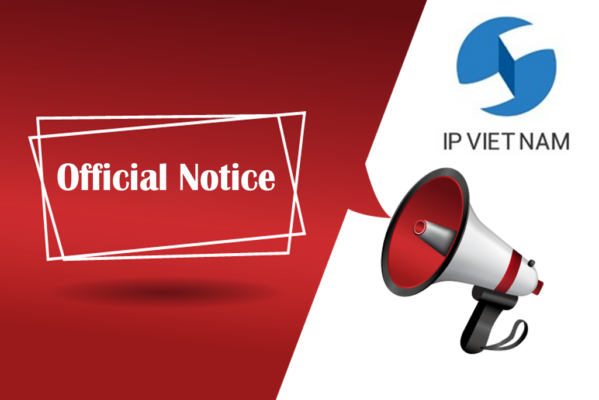
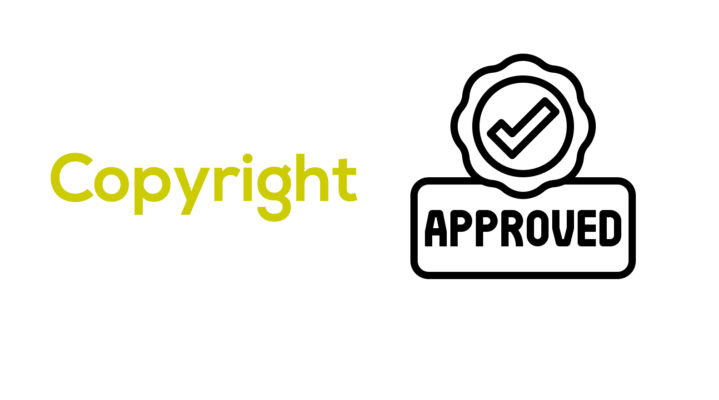
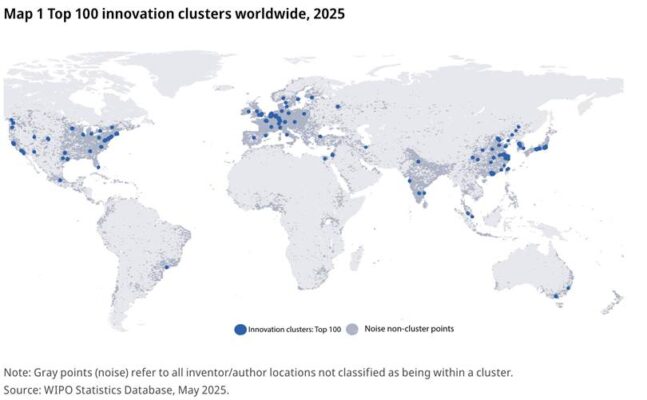
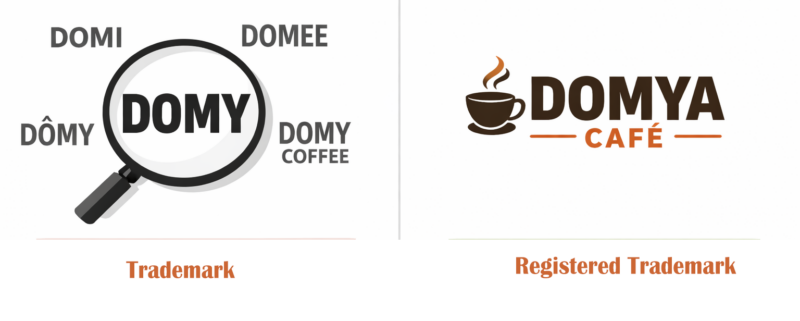
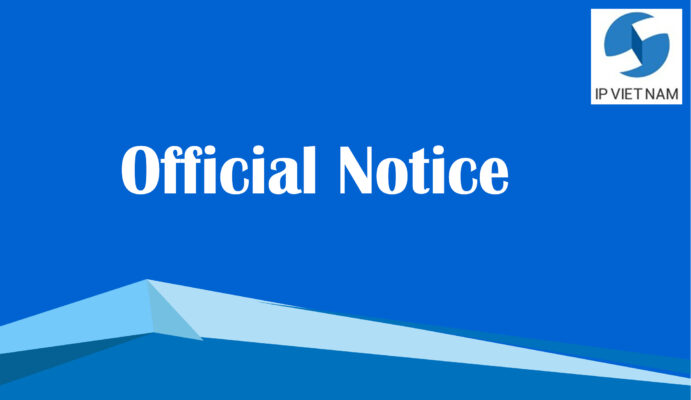
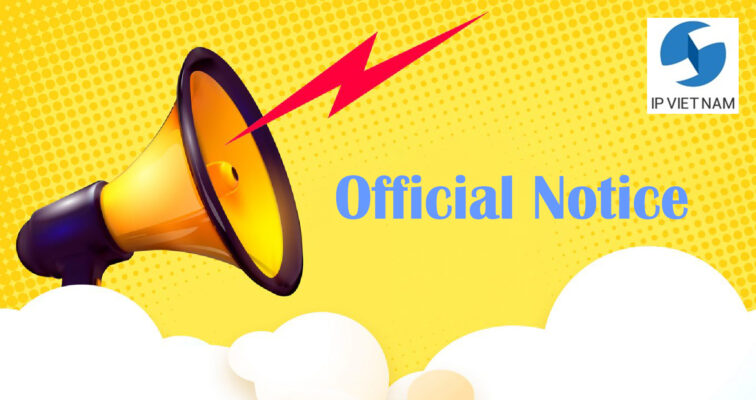


Need Legal Advice on Intellectual Property?
Our experienced IP lawyers provide comprehensive services: patent and trademark registration, industrial design, copyright, dispute resolution...
Get Free Consultation